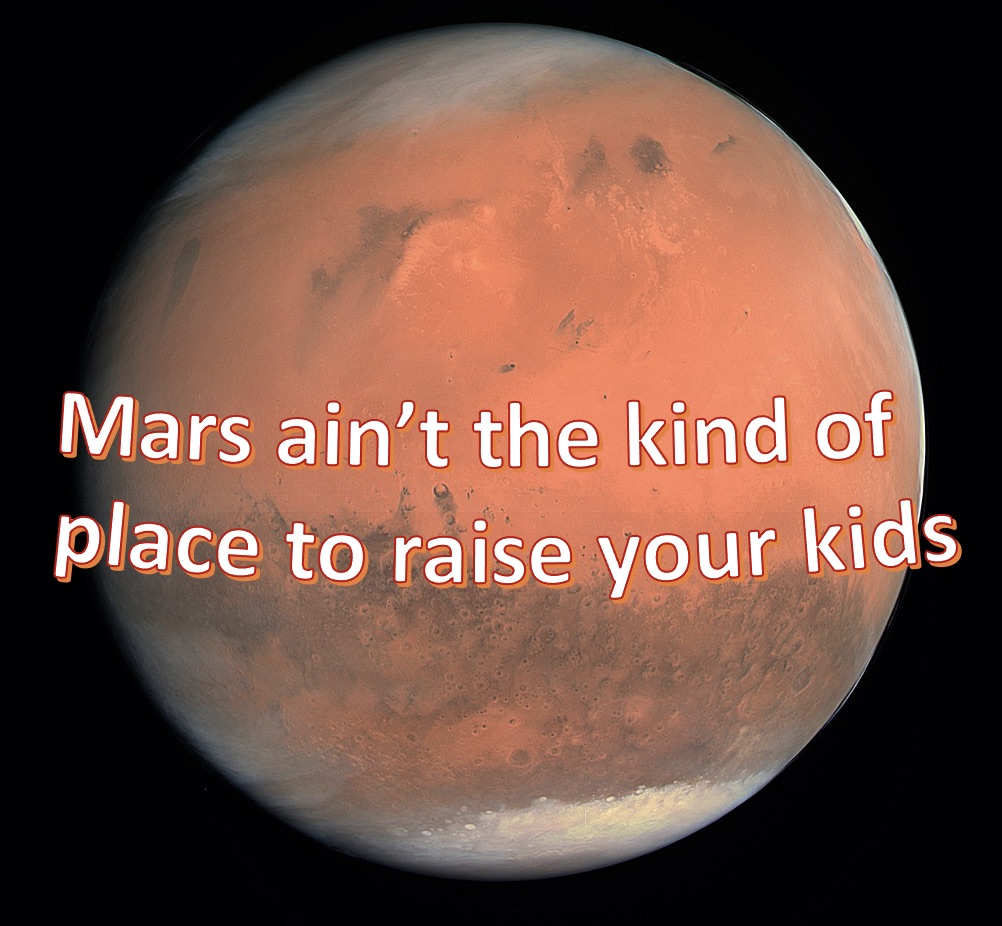When Captain Kirk made it to space, I was driving past a panhandler. The Gil Scott-Heron song, “Whitey on the Moon,” came to mind. We’ve got poverty and pandemics. But Shatner’s riding a rocket.
I say this as a fan of “Star Trek” and William Shatner. I’ve cheered on the voyages of the Starship Enterprise. I’ve even enjoyed Shatner’s campy spoken-word recordings — including his bizarre rendition of Elton John’s “Rocket Man.”
But “Star Trek” sold us a fantasy. They forgot to tell us that only the rich and famous will go where no man has gone before. The rest of us will be stuck in traffic, while poor folks beg for cash on freeway off-ramps.
Of course, Shatner can do whatever he wants. Rich old men have the right to burn up their money with rocket fuel. One part of this story is about Shatner’s health and longevity. At 90, Shatner is the oldest person to go into space. It’s amazing that a nonagenarian can blast into orbit. Good for him that he is sturdy enough to ride a rocket.
But in the background of Shatner’s triumph are tragic inequalities. Rich people live long, healthy lives. Poor people do not. A report from before the pandemic indicated that rich American men live an average of 15 years longer than poor American men.
The whole Earth is afflicted by similar gaps. World Bank data show that in “low income” countries, life expectancy is 64 years, while in “high income” countries, it is 81. It doesn’t seem right to fling old geezers into space while people are dying down below.
So, while I’m a Shatner fan, I also want to say shame on him — and on the idea of space tourism. This is conspicuous consumption run amok. The Earth and its humans need help. But the rich are riding rockets.

Read more at: https://www.fresnobee.com/opinion/readers-opinion/article255018227.html#storylink=cpy
Those rockets emit massive amounts of pollution. The atmosphere is already full of heat-trapping gases. A tourist flight into space leaves a carbon footprint up to a hundred times worse than an ordinary airplane flight.
In case you were wondering, a ticket into space costs about $200,000. It’s obscene to spend that kind of money on a few minutes of weightlessness and the bragging rights you get from becoming a rocket man.
Despite the cost, the space tourism industry is planning to grow. The ultra-wealthy are doing fine and getting richer. I’m sure the wealthy will keep the rockets busy. There are plans for hundreds of rocket flights per year.
The wealthy will survive the climate crisis without much problem. Rich people already generate more carbon emissions than poor people. The rich will ride out the climate storm in air-conditioned summer homes, while the working poor and the homeless suffer under the heat.
It is probably too late to restrict the space tourism industry. If Elon Musk, Jeff Bezos, and others are prevented from launching their rockets in the U.S., they would just launch them abroad.
That’s where shame comes in. Instead of celebrating space tourists, we should say, shame on them. Rich people should be embarrassed to ride on rockets. It would be better for the rich to donate their 200K to a homeless shelter. Let’s praise them when they do that. And let’s shame them when they binge on rocket fuel.
We also need to question the fantasy that Hollywood has sold us about space. There is no home for us in the stars. Elton John’s vision is more realistic. He said, “Mars ain’t the kind of place to raise your kids; in fact, it’s cold as hell.”
To his credit, Shatner described how the rocket flight humbled him. He said that from the rocket’s window he saw “the vulnerability of everything.” That’s important. But you don’t need to ride a rocket to understand that our planet and our neighbors are suffering.
The “Star Trek” fantasy assumes we are wise enough to venture to the stars. But until we fix this world, we have not earned the right to leave it. Scotty can’t just beam us up. There’s nowhere else to go. Every rocket man must land again on this fragile crust and drive home past the haunted and the homeless.






